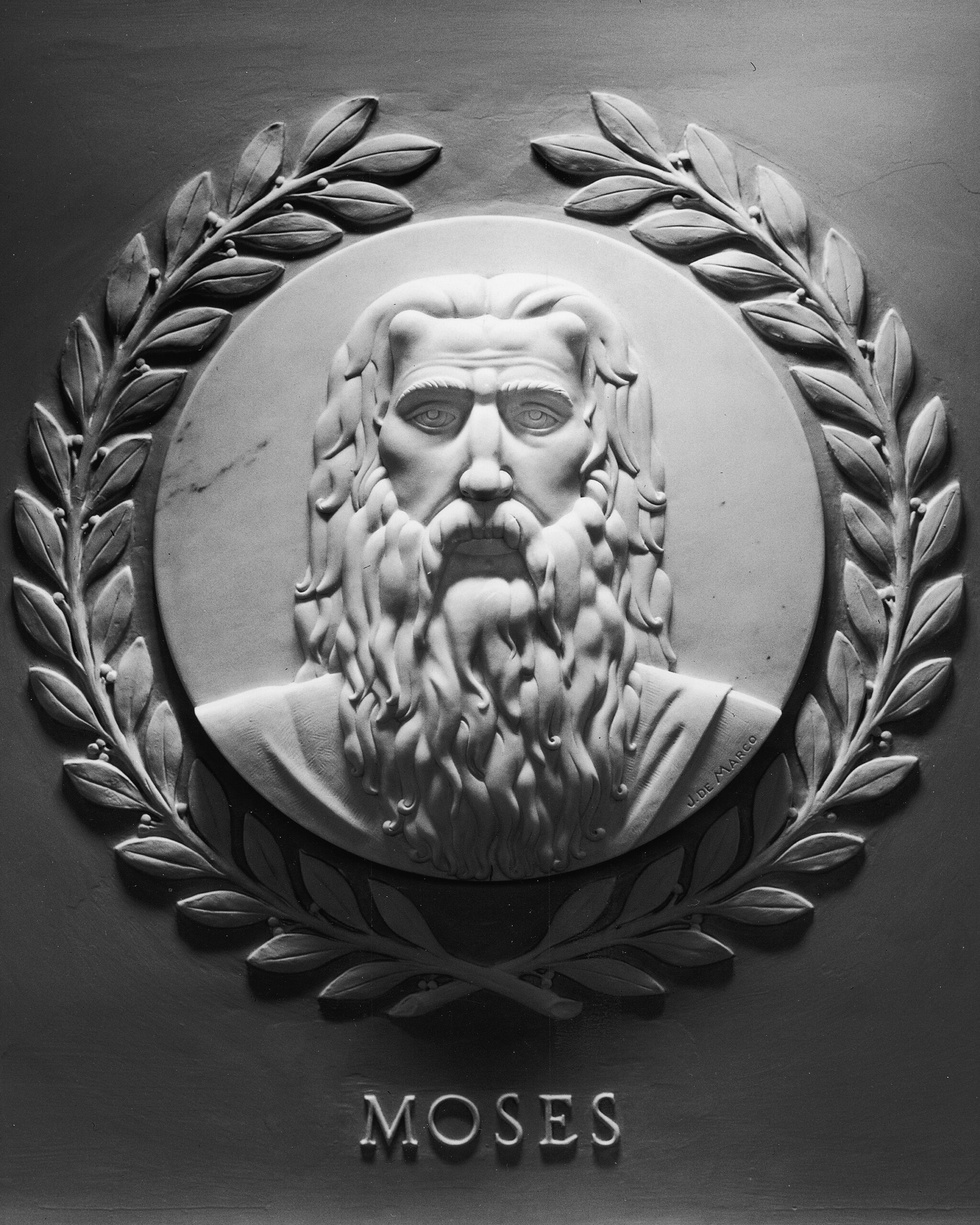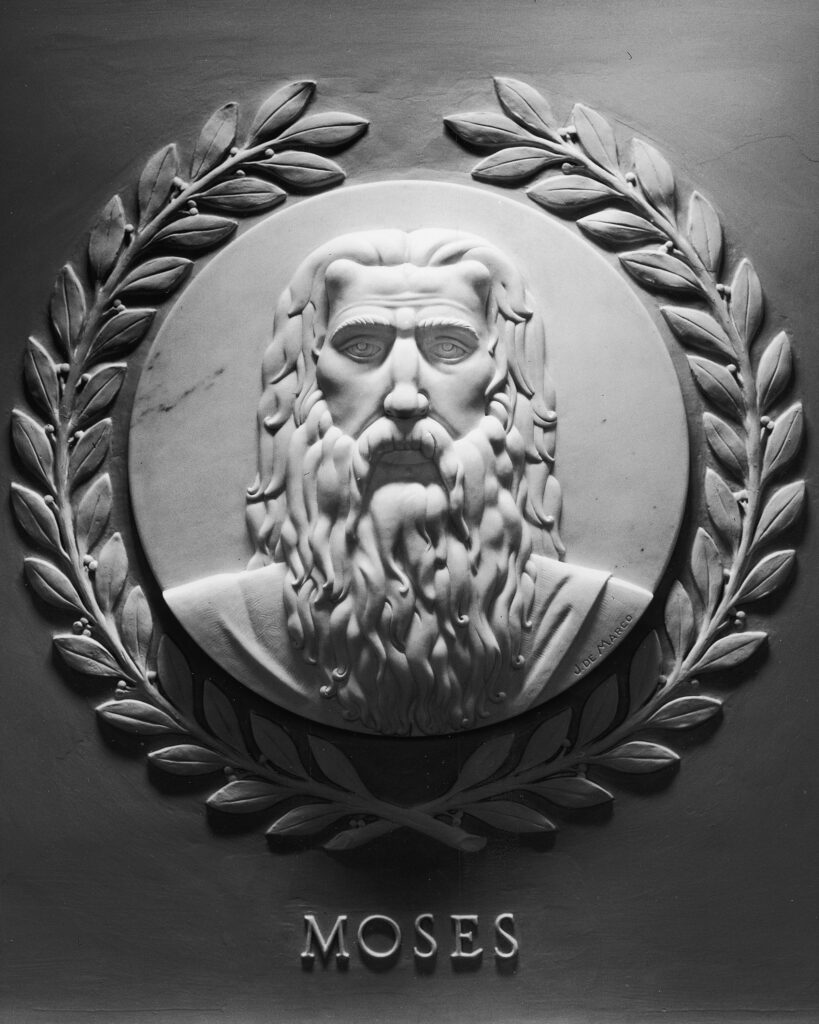Prove God is real.
OK.
When you look at the complexity of the universe, you can see your Creator. When you look at the historical references to Christ, you can see your Savior.
Let’s break it down…!
Go Outside
Go outside. What do you see? You see nature, you see animals and human beings. What you’re looking at constitutes some of the most complex and intricate examples of mechanical engineering that you can’t even begin to imagine.

And it goes beyond what you can see. In order to fully appreciate what you’re looking at, you need to pop the hood on what’s going on in the context of Biochemistry.
Consider for a moment the atom. The atom is the basic building block of matter. It’s a nucleus surrounded by a cloud of electrons. In the case of a Hydrogen atom, each electron is moving at a speed that would allow it to orbit the earth in a little more than 18 seconds.
A molecule is a group of two or more atoms. For example, H20. That’s the chemical expression of water which consists of two Hydogen atoms and one Oxygen atom.
Water, by the way, is one amazing molecule. We take it for granted because it’s a very normal part of our lives. But water is the only substance in the universe that floats in its solid form. From the standpoint of creation, that’s a convenient attribute given the fact that otherwise all marine life would be crushed once the temperatures got below freezing!
Mathematically Impossible
Astro-physicists estimate that there are no more than 1080 infinitesimal “particles” in the universe, and that the age of the universe in its present form is no greater than 1018 seconds (30 billion years).
Assuming each particle can participate in a thousand billion (10
12) different events every second (this is impossibly high, of course), then the greatest number of events that could ever happen (or trials that could ever be made) in all the universe throughout its entire history is only 10
80 x 10
18 x 10
12, or 10
110 (most authorities would make this figure much lower, about 10
50). Any event with a probability of less than one chance in 10
110, therefore, cannot occur. Its probability becomes zero, at least in our known universe. (
Institute for Creation Research)
4
125 Zeroes
A Protein is a molecule that’s considered to be the basic building block of life. It’s a chain of amino acids, which are molecules in and of themselves, that has to be constructed very intentionally in order for the result to be a fully functioning protein molecule. The odds of that happening are one chance in a hundred thousand trillion trillion trillion trillion trillion trillion trillion trillion trillion trillion. That’s a ten with 125 zeroes after it.1
A typical cell takes ten million, million atoms to build.2 What makes a cell especially significant is that it’s alive and it’s typical of all living things. And when you take an inventory of how a cell functions and how it’s organized, you realize very quickly that’s it’s an incredibly intricate mechanism consisting of artifical languages, decoding systems, memory banks, elegant control systems, assembly processes involving the principle of prefabrication with a capacity not equaled in any of our most advanced machines.
We have always underestimated the cell…The entire cell can be viewed as a factory that contains an elaborate network of interlocking assembly lines, each of which is composed of a set of large protein machines…Why do we call them machines? Precisely because, like machines invented by humans to deal efficiently with the macroscopic world, these protein assemblies contain highly coordinated moving parts. (Bruce Alberts, President, National Academy of Sciences) 3
The bottom line is that the level of precision that characterizes the known universe is such where the chances of that intricacy coming together purely by chance is considered mathematically impossible (see sidebar).
And Biochemistry is just the tip of the iceberg.
The Cosmoslogical Constant
When you consider the world of Physics, it becomes even more difficult to speculate our world came together purely by chance.
For example, the Cosmoslogical Constant is the rate of speed with which the universe is expanding. If the power of gravity within the universe was not being offset by some kind of opposing force, it would collapse on itself. On the other hand, if it were not strong enough, the universe would unravel.
Although this anomaly has yet to be specifically qualified, it is nevertheless an incredibly precise value. It is but one more example of a “fine tuning” that can neither be dismissed nor explained by those who want to ignore the Reality of a Creator. It has been conservatively estimated to be at least one part in a hundred million billion billion billion billion billion. That’s a 10 with 53 zeroes.5
When You Look at a Cupcake…
When you look at a cupcake, you see a baker. When you look at a work of art, you see an artist. Given that as a logical approach to anything that resonates with any degree of complexity, to look at the universe – something that requires that much more of an intentional effort and sophisticated design than a cupcake or a painting – you see an accident?
No.
That’s not science, that’s not even a theory. In order to rationalize the notion that all that we can observe when it comes to life and the human experience is a result of purely random forces…
…the skeptic needs to invent a whole new set of physical laws and a whole new set of mechanisms that are not a natural extrapolation from anything we know or have experienced. (Robin Collins)6
When you’re looking for “proof” that God is real, go outside. Consider what it is you’re looking at. When you ponder the complexity of the universe, you can see your Creator.
Historical References to Christ
To be able to confidently identify Christ as the Son of God, you can:
- look at the historical references to Jesus as having existed
- the account of Josephus who refers to Christ’s Resurrection and…
- …the fact that thoughout history you have people who refused to submit to the idea that the tomb of Christ was either occupied or the body had been stolen – even to the point where it cost them their lives
Apologetics
While Tacticus and Josephus are the only historians cited in this article, there’s an entire field of study dedicated to the validation of the Christian faith called, “Apologetics.” For more examples of Christ’s Presence in History, the authenticity of the Bible and the Fact of the Resurrection, the following books represent an excellent collection of resources and a great place to begin:
Tacticus
Cornelius Tacticus was a Roman historian who lived approximately between AD 56 and 120.
When Nero blamed the Christians for the devastating fire that destroyed much of Rome in AD 64, the result was what would become an aggressive persecution of anyone who believed that Christ had risen from the dead.
Tacticus documented what happened and in his writings, he references Christ and how He was put to death by Pilate.
But all human efforts, all the lavish gifts of the emperor, and the propitiations of the gods, did not banish the sinister belief that the conflagration was the result of an order. Consequently, to get rid of the report, Nero fastened the guilt and inflicted the most exquisite tortures on a class hated for their abominations, called Christians by the populace. Christus, from whom the name had its origin, suffered the extreme penalty during the reign of Tiberius at the hands of one of our procurators, Pontius Pilatus, and a most mischievous superstition, thus checked for the moment, again broke out not only in Judæa, the first source of the evil, but even in Rome, where all things hideous and shameful from every part of the world find their centre and become popular. Accordingly, an arrest was first made of all who pleaded guilty; then, upon their information, an immense multitude was convicted, not so much of the crime of firing the city, as of hatred against mankind.7
This doesn’t prove the Christ rose from the grave, but it does validate the accounts given in the New Testament that Christ did live and was sentenced to death by Pilate.
Josephus
You can see an extra-biblical reference to the Resurrection by Josephus, who was a Jewish historan that lived between AD 37 and died around 101. In his “Antiquties of the Jews,” he had this to say about Christianty:
About this time there lived Jesus, a wise man [if indeed one ought to call him a man.] For he was one who wrought surprising feats and was a teacher of such people as accept the truth gladly. He won over many Jews and many of the Greeks. [He was the Christ.] When Pilate, upon hearing him accused by men of the highest standing amongst us, had condemned him to be crucified, those who had in the first place come to love him did not give up their affection for him. [On the third day he appeared to them restored to life, for the prophets of God had prophesied these and countless other marvelous things about him.] And the tribe of the Christians, so-called after him, has still to this day not disappeared. (Antiquities of the Jews)8
Some scholars dispute the authenticity of the those portions of the above quote that reference the Resurrection. But while there is some speculation, there is enough reason to believe that the comments pertaining to Christ’s Resurrection are, in fact, authentic.
The Resurrection as a Marketing Campaign
The Resurrection doesn’t work as a marketing campaign. It is an absurd attempt to establish credibility and makes absolutely no sense in light of the way so many religions are able to win converts simply by promising eternal rewards and temporary fulfillment.
From the very beginning, believing that Christ was Divine put you at odds with the established hierarchy in ways that often proved lethal. Again, why build a creed on something so unnecessary and at the same time so toxic in the minds of those in positions of authority?
It’s ludicrous…
unless…
It’s true.
We don’t have raw footage of His crucifixion, we don’t have a photograph of Him coming out of the empty tomb. But we have documentation in addition to the New Testament written by people who were alive when Christ’s life, death and Resurrection were fairly recent events. They reference Christ as a historical reality and not just a rumor.
You can neither prove the Reality of God nor the Fact of His Resurrection with the same certaintly you might have in the way you successfuly solve a math problem. When it comes to validating ancient texts and events that happened 2,000 years ago, you have to base your convictions on what is most likely true given the evidence that is available.
If Christianity was nothing more than a pretty little fiction based on a personality that failed to distinguish Himself as anything other than a noble individual, you don’t have a creed, you have a celebrity. And while a celebrity can be influential, by himself he doesn’t command the kind of commitment that people are willing to die for.
This is the other piece of the gospel that qualifies as a substantial piece of evidence.
You Don’t Die for a Lie Knowing That it’s Not True
Josh McDowell, author “Evidence That Demands a Verdict,” makes a logical observation about the disciples.
Yes, many people have died for a lie, but they did so believing it was the truth. If the Resurrection had not happened, obviously the disciples would have known it. Therefore, they would not only have died for a lie—here’s the catch—but they would have known it was a lie. It would be hard to find a group of men anywhere in history who would die for a lie if they knew it was a lie. (More Than a Carpenter)9
You can look at the complexity of creation and deduce a Creator. You can look at the historical references to the existence of Christ, the work of Josephus as well as the those who opted for a martyr’s death than deny the Resurrection and deduce a Savior.
An Intelligent Faith
There’s no good reason to doubt the historical accuracy of the New Testament. From a bibliographical perspective, it absolutely dominates when compared to other works of antiquity. It has been repeatedly verified with Archaeology, but…
…to the individual who risks having to reconfigure their approach to themselves and the world around them, it’s a tall order to concede the Reality of Christ.
But should you ignore the substance of what exists, as far as that which validates the Scriptures, you do so, not because of a lack of evidence, but in spite of it.
There is a rational thought process that leads to an intelligent faith. But to get there, you have to be objective. You cannot dismiss the substance of the evidence that exists and simultaneously cling to the Theory of Evolution. The aforementioned probability values exceed the statistical boundaries of that which is possible. If you’re going to deny the miraculous, you cannot do so and not at the same time admit that you subscribe to a paradigm that bends the very laws of nature you’re trying to explain.
You want proof that there’s a God and that Christ is as real as the air you’re breathing?
You have it.
It’s not a question of “proof” as much as it is “pride.” Believing yourself to be your own absolute may look alluring, but it doesn’t stand up beneath the weight of a logical analysis of the facts. Grace is a gift. It requires nothing more than a willingness to accept it. You don’t sacrifice your intellect to do so…
…rather you embrace it.
1. “The Case for a Creator”, Lee Strobel, Zondervan, Grand Rapids, MI, 2004, p229
2. Ibid, p194
3. Henry M. Morris, Ph.D. 1979. Probability and Order Versus Evolution. Acts & Facts. 8 (7)
4. “The Case for a Creator”, Lee Strobel, Zondervan, Grand Rapids, MI, 2004, p193
5. “The Case for Faith”, Lee Strobel, Zondervan, Grand Rapids, MI, 2000, p133
6. “The Case for a Creator”, Lee Strobel, Zondervan, Grand Rapids, MI, 2004, p145
7. Wikipedia contributors, “Tacitus on Jesus,” Wikipedia, The Free Encyclopedia, https://en.wikipedia.org/w/index.php?title=Tacitus_on_Jesus&oldid=1119705350 (accessed January 17, 2023)
8. Wikipedia contributors, “Antiquities of the Jews,” Wikipedia, The Free Encyclopedia, https://en.wikipedia.org/w/index.php?title=Antiquities_of_the_Jews&oldid=1133911009 (accessed January 17, 2023)
9. “More Than a Carpenter”, Josh McDowell, Living Books, Wheaton, IL, 1977, 2004, chapter 7
















 A great deal of the tension that exists in our society today – be it a cultural anomaly or a political argument – can be resolved by simply considering how you would answer one fundamental question.
A great deal of the tension that exists in our society today – be it a cultural anomaly or a political argument – can be resolved by simply considering how you would answer one fundamental question.




You must be logged in to post a comment.